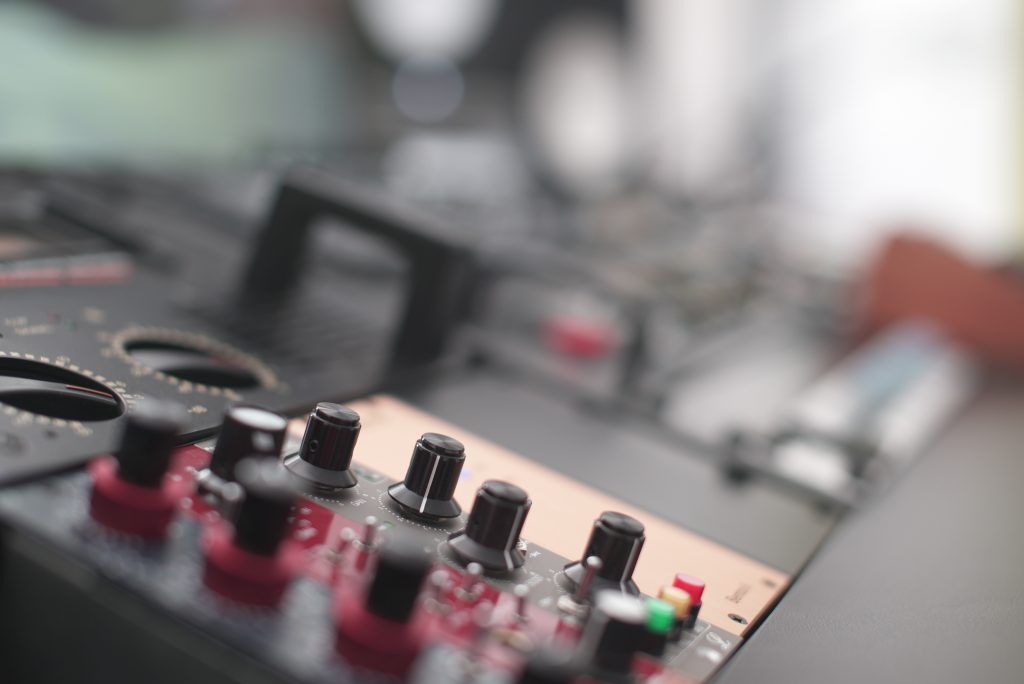
Do you need mastering?
Do you really need mastering and what does it exactly do for your music? That’s a question I’ve seen a lot lately, so I decided to reflect on it in a blog. Let’s dig in.
Mastering
Let’s start with what mastering is and isn’t. Mastering is the last stage before a song is ready for release. The mastering engineer is working on a stereo file of the complete mix, and not individual tracks of for example kick, snare, guitar L, guitar R etc. He is only working on the full song as a stereo file. This limits what can be done in mastering. Mastering is not the place for fixing levels between different instruments, although it can be done to some degree.
Technical and creative process
Mastering is both a very technical and creative process involving balancing the song’s frequencies, dynamics, and stereo image while also applying tools like harmonic saturation and applying to loudness standards of the different media. Mastering gives the mix the last 10-20% of awesomeness and prepares the song for release on whatever media the client wants. There are different aspects to take into account when mastering for streaming services versus for CD. All this is taken care of by the mastering engineer.
What does a mastering engineer actually do and when should you hire one?
- Listens to the mix and provides feedback before the mastering even begins
- The mastering engineer is a new set of fresh professional ears on your track. The mastering engineer has probably spent a large amount of money on both room acoustics and speakers. Couple that with years of experience and you got a killer combination to make your mix pop the extra 20%!
- Does mastering-work based on your song. A good mastering engineer will interpret the vibe and feel of your song and mix, and do a mastering that supports that.
- Balances frequencies and corrects any EQ mistakes you may not have heard in your room, so your mix will sound great on multiple sources. Here, small adjustments can make a huge difference.
- Balances dynamics in a fitting way for your song. Does it need more punch? Does it have too much? The mastering engineer will know and make appropriate actions.
- Know when to process and when not to process. Every mix doesn’t need the same treatment. Some mixes are just more or less spot on, while others need a whole lot of work to sit nicely.
- The mastering engineer will find and clean up any left over noises or spectral mistakes such a clicks and pops from the mix.
- Provides the necessary metadata whether you’re releasing on streaming services or CD, your track needs some kind of data showing what’s the name of the song, who owns it and so on.
- Overall make the best the song can be on multiple audio sources.
- Create sonic consistency between songs on an album.
Summary
So, mastering is an important part of releasing a song. Even though you have a great sounding mix, you still need to get sorted loudness and data-wise for the release. And even for a perfect mix, a mastering engineer can act as the last quality check to make sure everything sounds the way it should – in a new room. A good mastering engineer won’t do anything to a mix if it isn’t necessary. Mastering is a small price to pay to make your release that much better – or at least check with a fresh set of professional ears to see if it’s as good as you think.
What about LANDR (or other algorithmic-based mastering software) you ask? That’s a whole different topic. You can read our blog about exactly that here.